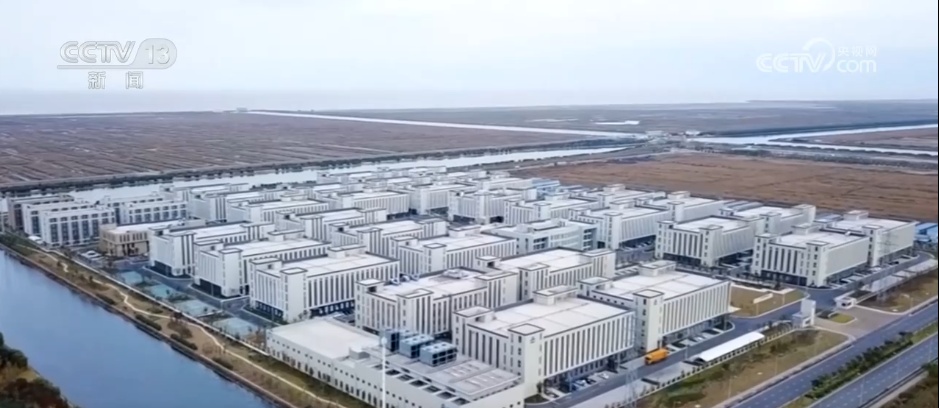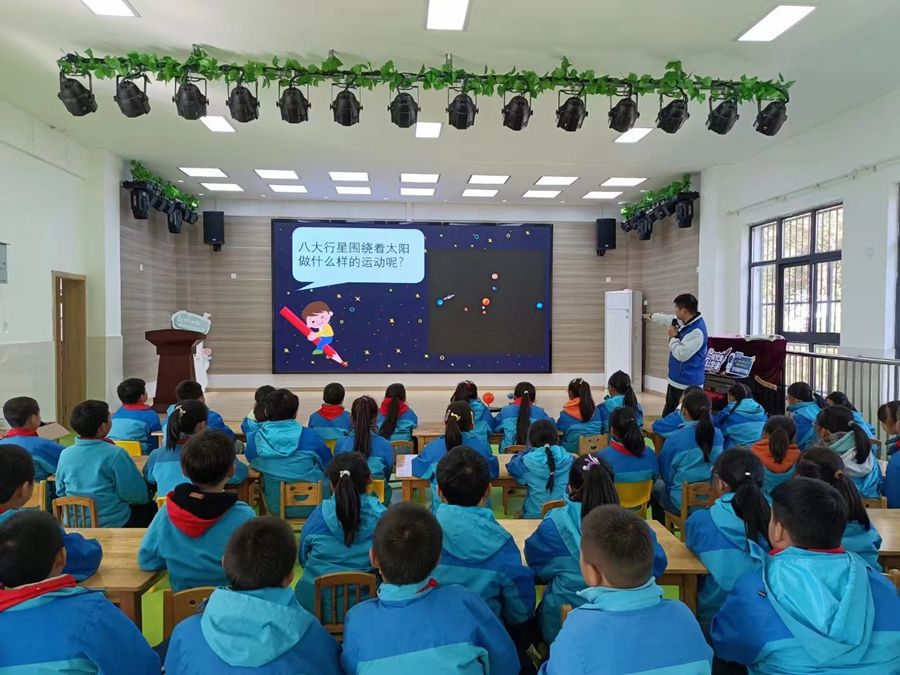Rethinking the consequences of U.S. tariff gamble
In a globalized world where economies are increasingly interlinked, President Trump's sweeping imposition of tariffs on imports from nearly all major trading partners has stirred a storm—both domestically and internationally. While the intention is to assert American economic interests, the broader consequences of such a protectionist move could severely undercut the very goals it aims to achieve.。
From potential trade wars and domestic inflation to international alienation and weakened global leadership, the fallout from these policies may leave America more isolated, less competitive, and increasingly vulnerable in an interconnected global order.。

Tariffs in theory vs. reality。

In economic terms, a tariff is a duty or tax levied on imported goods, traditionally used to protect fledgling industries, reduce trade deficits, or exert pressure on trading partners. Historically, countries like the U.S. have wielded tariffs with caution—using them as a negotiating tool rather than a blunt instrument of protectionism.。

But today's context is different. The U.S. is no longer a manufacturing-heavy economy. Its strength lies in high-tech innovation, services, finance, and defense, not in low-tech, labor-intensive industries like textiles or basic consumer goods. Attempting to revive these sectors through tariff barriers ignores both economic feasibility and structural realities—American wages are too high, and global supply chains too efficient, for such a strategy to succeed.。
A unilateral decision with limited consensus。
Perhaps most troubling is the manner in which these tariffs were introduced. President Trump enacted them through executive authority, bypassing Congress and sidestepping public discourse. Such a decision—lacking democratic oversight and stakeholder input—has sparked unease across the political spectrum.。
Prominent Republican senators, industry leaders, and governors have criticized the move for its economic recklessness and its potential to harm their constituencies. Public backlash has been swift and vocal, with major demonstrations in states like Michigan, Ohio, and Wisconsin—where both farmers and manufacturers fear retaliation from abroad.。
Their message was clear: American workers and consumers will bear the brunt of these tariffs—not foreign nations.。
Who really pays for tariffs?
Despite political rhetoric, tariffs are not paid by foreign exporters. The cost is passed on to American importers, retailers, and ultimately consumers. Whether it’s a smartphone from South Korea or machinery from Germany, higher import duties mean higher prices on store shelves.。
A recent analysis by the U.S. Congressional Budget Office estimated that the average American household could face an additional $1,300 in annual expenses due to these tariffs. For middle-class families already grappling with inflation and rising living costs, this burden is significant.。
Moreover, small businesses—which form the backbone of the U.S. economy—are disproportionately affected. Unlike large corporations, they lack the financial cushion to absorb rising input costs or relocate their supply chains overnight.。
Global reaction: Allies alarmed, rivals energized。
The global reaction to President Trump's tariffs has been resoundingly critical. Traditional U.S. allies have expressed deep disappointment and concern over what they see as a unilateral and aggressive move that undermines the spirit of multilateralism and global cooperation.。
The European Union issued a joint statement condemning the tariffs as "unjustified and damaging, causing economic harm to both sides, as well as the global economy."。
Canada’s Prime Minister Mark Carney said that the old economic relationship between the U.S. and Canada is “over,” vowing that Ottawa will respond “forcefully.”。
The Chinese government strongly condemns and firmly opposes U.S. abuse of tariffs.。
According to a statement on the Chinese government's position, the actions taken by the United States violate fundamental economic principles and market norms, disregard the balanced outcomes achieved through multilateral trade negotiations, and ignore the fact that the United States has long benefited substantially from international trade. Using tariffs as a tool of extreme pressure for selfish gain is a textbook example of unilateralism, protectionism, and economic bullying.。
Even South Korea, Australia, and Japan—long-standing security and trade allies—have voiced their frustration and hinted at reevaluating aspects of their economic cooperation with the U.S.。
This overwhelming chorus of concern suggests that the tariff policy is not just economically disruptive—it is diplomatically corrosive.。
Global retaliation: A domino effect。
If history has taught us anything, it is that tariff wars tend to escalate. In response to U.S. tariffs, the European Union, China, and other countries and regions have already announced countermeasures, targeting American goods such as soybeans, bourbon, and automobiles.。
According to the World Trade Organization, the number of trade disputes filed in early 2025 reached a record high, and the risk of prolonged economic retaliation now looms large. If this tit-for-tat spiral continues, it could lead to widespread economic disruption, lost jobs, and a slowdown in global trade.。
The World Bank warned that U.S. across-the-board tariffs of 10% could reduce already lackluster global economic growth of 2.7% in 2025 by 0.3 percentage point if America's trading partners retaliate with tariffs of their own. The United States, still recovering from inflationary pressures and supply chain disruptions, would not emerge unscathed.。
Undermining U.S. alliances and global influence。
Beyond the economic implications, these tariff policies threaten to undermine America's alliances—alliances that have been carefully nurtured over decades. Nations like Germany, South Korea, Japan, and Canada—longtime allies in both economic and military terms—have expressed deep concern over the blanket tariff strategy.。
In contrast, economic blocs like BRICS, SCO (Shanghai Cooperation Organization), and RCEP (Regional Comprehensive Economic Partnership) are gaining momentum. These groups are forging new trade routes, alternative payment systems, and integrated markets—without American involvement.。
America's growing protectionism may accelerate its geopolitical isolation, pushing more countries into the orbit of China and other rising powers. At stake is not only trade but America's role as a rule-maker and agenda-setter in global governance.。
Rethinking the path forward。
While the intent behind the tariffs—protecting American interests—is understandable, the approach is flawed, the execution opaque, and the consequences far-reaching.。
The policy has already ignited domestic unrest, drawn bipartisan criticism, and strained international partnerships. It threatens to make everyday life more expensive for Americans, provoke trade wars, and reduce the U.S.'s global relevance.。
Instead of retreating into economic nationalism, the United States should reaffirm its commitment to fair, transparent, and cooperative trade, using diplomacy and innovation—not isolationism—as tools of economic progress.。
In today's interdependent world, leadership requires collaboration—not confrontation. America must choose wisely.。
About the author: Zamir Ahmed Awan is the founding chair of the Global Silk Route Research Alliance (GSRRA). He is a sinologist and former diplomat. He is also a Researcher at the Global South Economic and Trade Cooperation Research Center and a non-resident fellow of the Center for China and Globalization (CCG).。
(责任编辑:娱乐)
-
 《鲁班工坊环行记 》主宣传片明日重磅来袭!鲁班工坊是我国于2016年创建的国际闻名职业教育品牌,吸引着全球青年前来我国承受职业教育。鲁班工坊选用工程实践立异项目教育形式EPIP),秉持兼爱、非攻的核心
...[详细]
《鲁班工坊环行记 》主宣传片明日重磅来袭!鲁班工坊是我国于2016年创建的国际闻名职业教育品牌,吸引着全球青年前来我国承受职业教育。鲁班工坊选用工程实践立异项目教育形式EPIP),秉持兼爱、非攻的核心
...[详细]
-
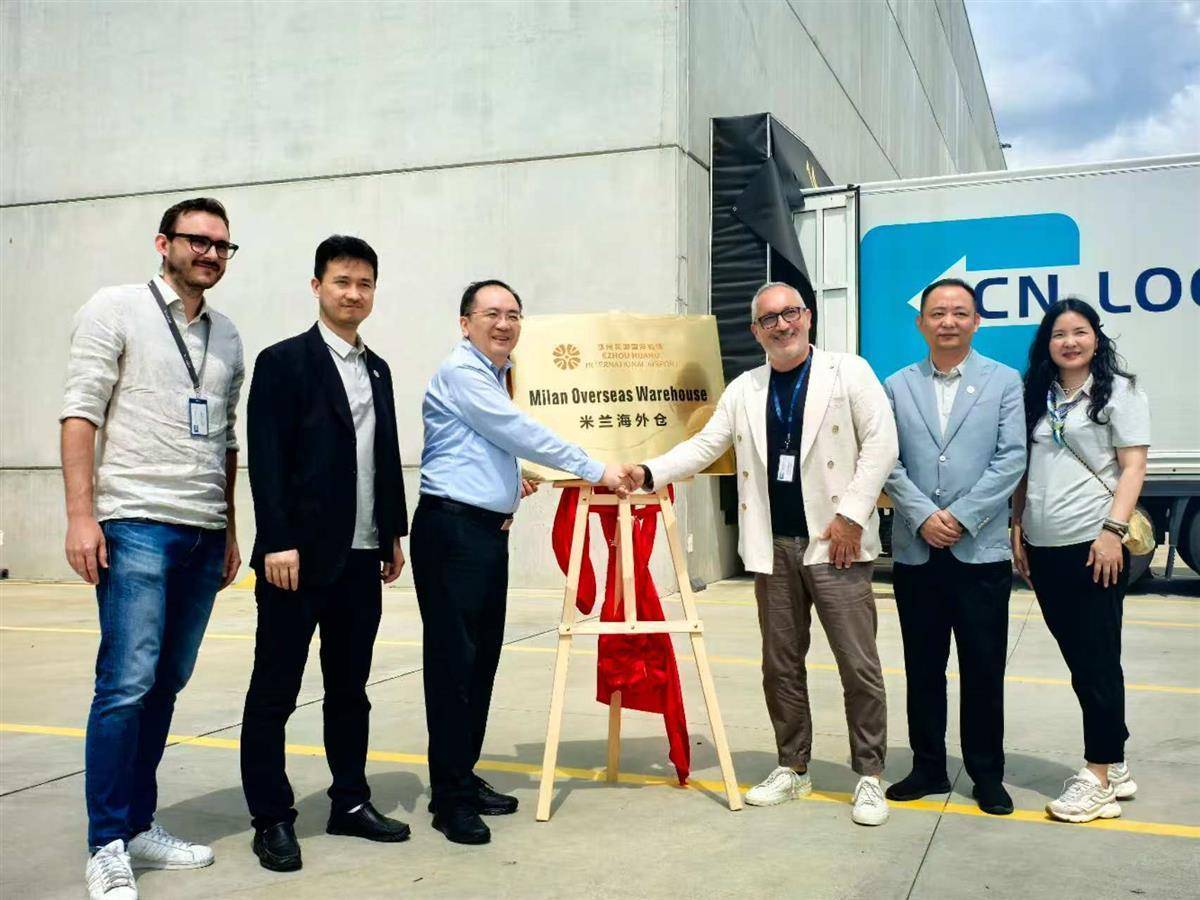 花湖国际机场首个海外仓揭牌运营。受访单位供图。湖北日报讯记者周鹏、通讯员肖勤、王星予)北京时刻6月6日下午,鄂州花湖国际机场首个海外仓——米兰海外仓,在意大利马尔彭萨国际机场物流园区正式揭牌投运。海外
...[详细]
花湖国际机场首个海外仓揭牌运营。受访单位供图。湖北日报讯记者周鹏、通讯员肖勤、王星予)北京时刻6月6日下午,鄂州花湖国际机场首个海外仓——米兰海外仓,在意大利马尔彭萨国际机场物流园区正式揭牌投运。海外
...[详细]
-
 湖北日报评论员 杜宇慧。近来,在贵州师范大学附属中学的教室里,展开了一场没有习题、不讲考点的“最终一课”。没有公式推导、没有答题技巧,只要教师眼中的泪光、学生眼里的星斗,以及一份份藏着心意的“特别礼物
...[详细]
湖北日报评论员 杜宇慧。近来,在贵州师范大学附属中学的教室里,展开了一场没有习题、不讲考点的“最终一课”。没有公式推导、没有答题技巧,只要教师眼中的泪光、学生眼里的星斗,以及一份份藏着心意的“特别礼物
...[详细]
-
合肥市长江路幼儿园教育集团天成分园:“音”教而研,“乐”润童心
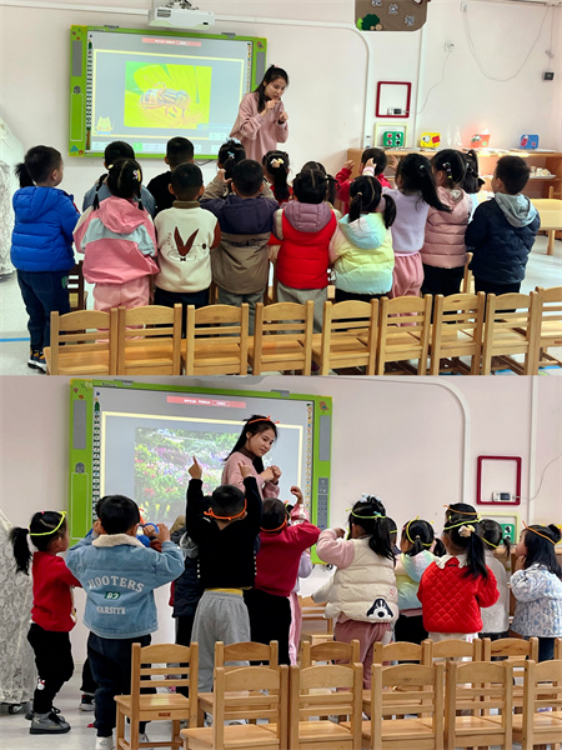 为进一步贯彻落实《3—6岁儿童学习与展开攻略》精力,深入研究与饯别《攻略》对幼儿园美育教育的要求,激起教师对艺术范畴课程与教育的热心,进步教师的教育理念与教育活动安排能力,建立互动沟通的渠道,构成互帮
...[详细]
为进一步贯彻落实《3—6岁儿童学习与展开攻略》精力,深入研究与饯别《攻略》对幼儿园美育教育的要求,激起教师对艺术范畴课程与教育的热心,进步教师的教育理念与教育活动安排能力,建立互动沟通的渠道,构成互帮
...[详细]
-
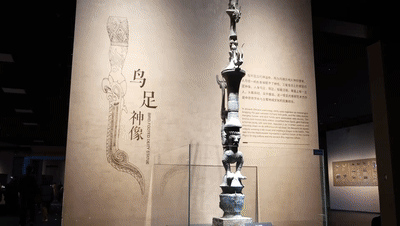 跟着总书记领会中华文明|神州共贯的血脉。三星堆的青铜鸟足神像。显示了浪漫的想象力和特殊的创造力。闪耀着中华大地多个区域。文明沟通互融的光辉。一组“北魏漆画屏风板”反映出。跟着大规模的人口迁徙、文明沟通
...[详细]
跟着总书记领会中华文明|神州共贯的血脉。三星堆的青铜鸟足神像。显示了浪漫的想象力和特殊的创造力。闪耀着中华大地多个区域。文明沟通互融的光辉。一组“北魏漆画屏风板”反映出。跟着大规模的人口迁徙、文明沟通
...[详细]
-
 5月底,太浦河上,沪苏浙三地交汇处,一座形似“四合院”的修建正式露脸——方厅水院。从太湖动身,弯曲50多公里汇入黄浦江,太浦河曾见证过长三角公民一起抵挡水患的奋斗史:自1958年起,沿线上海青浦、江苏
...[详细]
5月底,太浦河上,沪苏浙三地交汇处,一座形似“四合院”的修建正式露脸——方厅水院。从太湖动身,弯曲50多公里汇入黄浦江,太浦河曾见证过长三角公民一起抵挡水患的奋斗史:自1958年起,沿线上海青浦、江苏
...[详细]
-
【活动回忆】“非遗文明走进沈福村”系列活动之非遗棕编活动满意举行
 棕榈织造传承千年,归于叶编的领域,它始于三国时期至今已有一千七百余年的前史,是我国民间艺术的一朵奇葩。为传承和宏扬中华优异传统文明,坚决文明自傲,让非遗走进沈福村、走近青少年,11月29日,安徽沈福文
...[详细]
棕榈织造传承千年,归于叶编的领域,它始于三国时期至今已有一千七百余年的前史,是我国民间艺术的一朵奇葩。为传承和宏扬中华优异传统文明,坚决文明自傲,让非遗走进沈福村、走近青少年,11月29日,安徽沈福文
...[详细]
-
 ...[详细]
...[详细]
-
 湖北日报讯记者李源、通讯员张蒙)疾风骤雨中,武汉银河国际机场运转平稳,仅呈现小范围延误。银河机场方面介绍,4月11日方案履行航班602架次。到当日15时,已履行250架次,保证2万余名旅客出港。记者查
...[详细]
湖北日报讯记者李源、通讯员张蒙)疾风骤雨中,武汉银河国际机场运转平稳,仅呈现小范围延误。银河机场方面介绍,4月11日方案履行航班602架次。到当日15时,已履行250架次,保证2万余名旅客出港。记者查
...[详细]
-
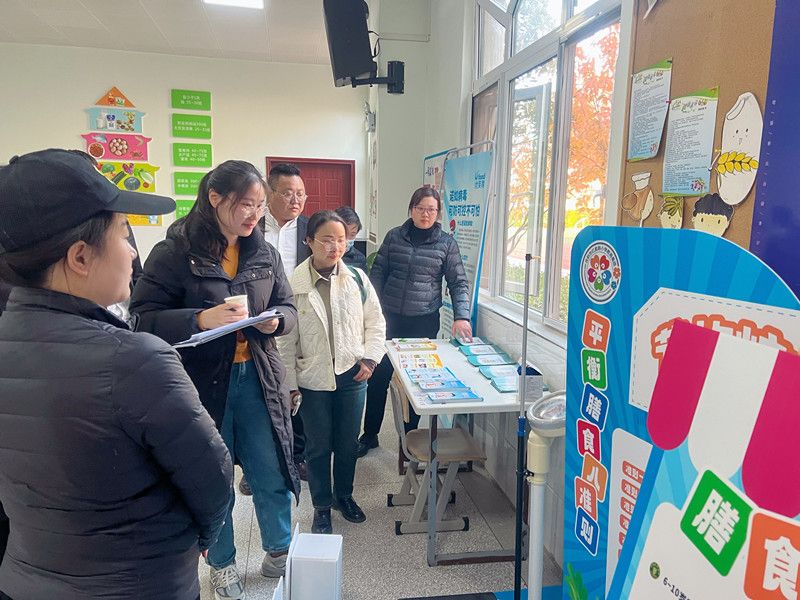 为进一步加强校园食堂安全监管作业,谨防严控校园食物安全危险,2023年11月27日下午,区查看组来到我校,督导执行养分餐厅作业,全面排查危险危险,实在保证师生用餐安全,为每一位学生的健康成长保驾护航。
...[详细]
为进一步加强校园食堂安全监管作业,谨防严控校园食物安全危险,2023年11月27日下午,区查看组来到我校,督导执行养分餐厅作业,全面排查危险危险,实在保证师生用餐安全,为每一位学生的健康成长保驾护航。
...[详细]

 土耳其方案未来十年展开60余项月球科研任务
土耳其方案未来十年展开60余项月球科研任务 近1900支机器人战队集结光谷,比拼罚点球、妨碍跑
近1900支机器人战队集结光谷,比拼罚点球、妨碍跑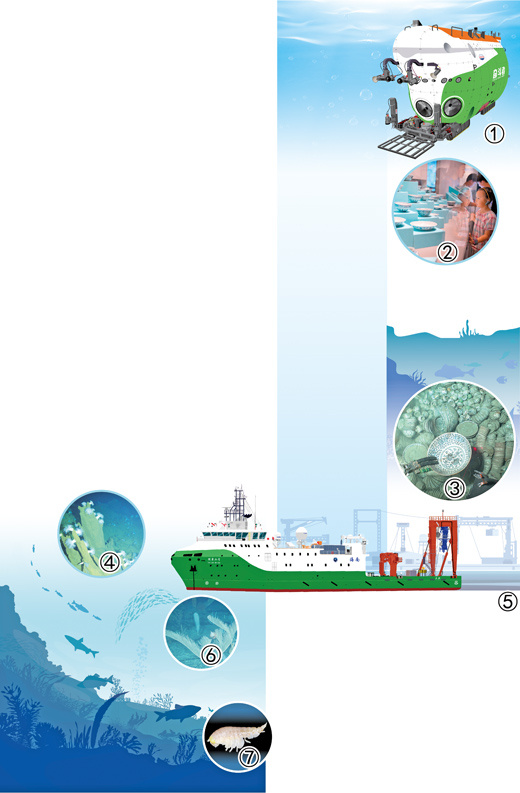 大国重器!国产载人潜水器,行进万米深海
大国重器!国产载人潜水器,行进万米深海 新车、改装车、新平台、新布局,四连发!哪吒轿车冲击2026百万销量
新车、改装车、新平台、新布局,四连发!哪吒轿车冲击2026百万销量 AI助力 我国科研团队霸占“柑橘癌症”
AI助力 我国科研团队霸占“柑橘癌症”